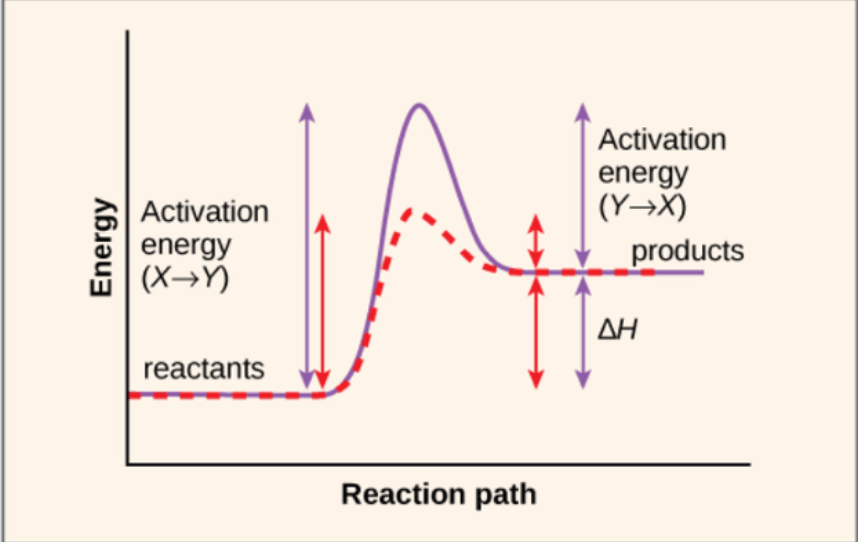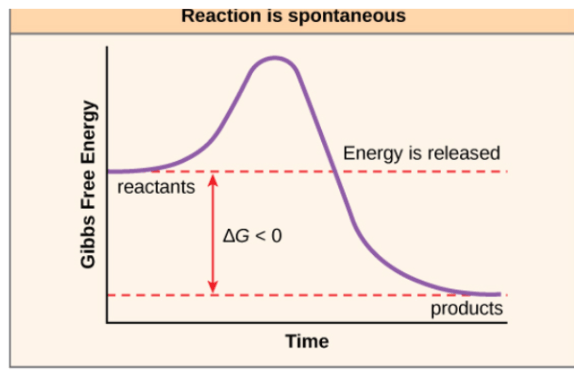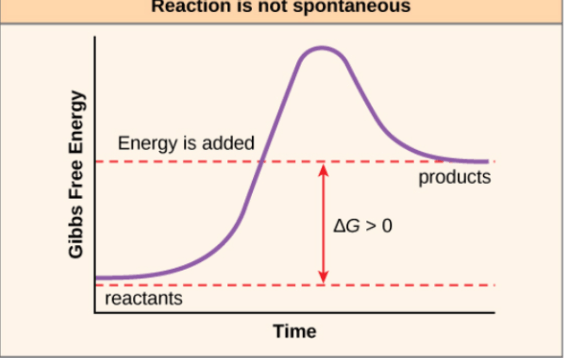the part of the enzyme where a substrate binds
active site
Enzymes catalyze reactions by lowering this
 According to this graph, this line represents the catalyzed reaction
According to this graph, this line represents the catalyzed reaction
red dotted
this type of variable a scientist would change during the experiment. It is considered the "cause" of a reaction.
independent variable
The chemical that binds to the active site of an enzyme
substrate
the amount of energy needed for a reaction to occur
activation energy
When energy is released from a reaction we call it this.
exergonic
this type of variable would be the thing that is being measured in an experiment. can be thought of as the effect of an experiment.
dependent variable
this happens immediately after a substrate binds to an enzyme
the enzyme changes shape
This type of metabolic regulation is when a molecule binds somewhere other than the active site, changing the shape of the enzyme, and blocking the substrate from binding to the active site
allosteric inhibition
A reaction that requires an energy input is called this
endergonic
this type of experiment is typically run in order to compare the outcome of the test group
control experiment / control group
This product forms after the substrates have reacted with one another, before leaving the enzyme.
enzyme/product complex
This type of metabolic regulation is when a molecule binds to the active site of an enzyme, preventing the substrate from binding
competitive inhibition
 The chart above shows this type of reaction
The chart above shows this type of reaction
Exergonic
the amount of salt water added to the plants
when an enzyme slightly changes shape to allow for substrate binding.
induced fit
This type of metabolic control occurs when the final product of a pathway acts as an inhibitor molecule and inhibits an enzyme in an upstream step
feedback inhibition
 According to this chart, we are looking at this type of reaction.
According to this chart, we are looking at this type of reaction.
Endergonic
In the research question "how well do different plant species tolerate salt water?" this would be your dependent variable (more than one answer)
plant growth, wilting rate, survival rate, etc. you choose this one.